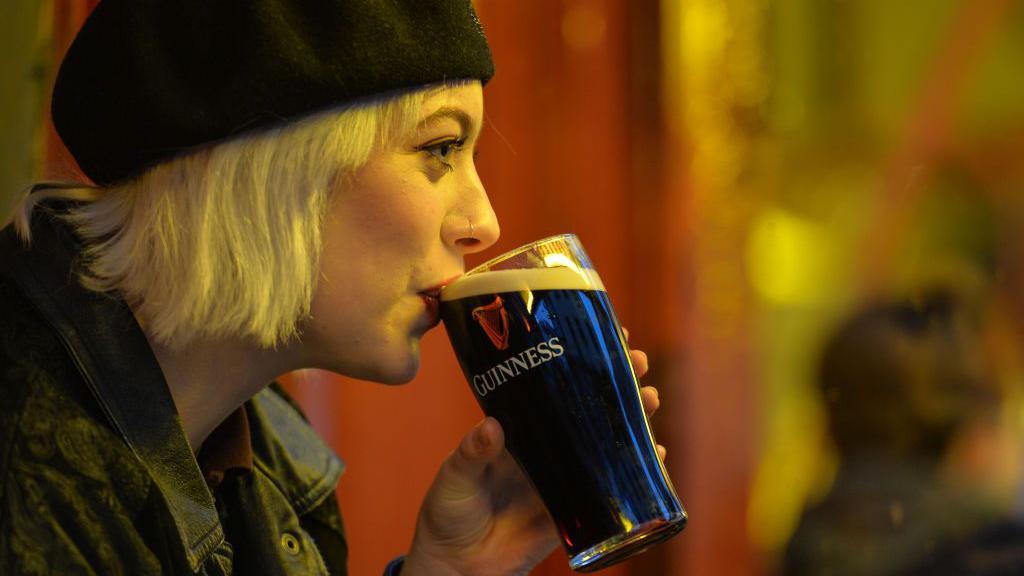In the lead-up to Christmas, the iconic Irish stout Guinness is experiencing an unprecedented surge in demand, prompting its manufacturer, Diageo, to limit supplies available to pubs in Great Britain. This limitation comes despite Diageo operating at full production capacity. The increased popularity of Guinness, particularly among younger consumers and women, has raised concerns about stock levels. Recent international rugby events have further strained supplies, contributing to the decision to impose order restrictions. Recognizing the heightened demand for their product, Diageo is allocating Guinness supplies on a weekly basis to ensure that the stock meets consumer needs during the busy holiday season.
In light of the exceptional consumer interest in Guinness, Diageo has taken significant measures to enhance its marketing efforts. The company has been engaging with influencers and executing promotional campaigns to elevate the profile of its beverage. Reports indicate that while overall beer consumption in the UK has slightly declined, Guinness sales have defied this trend. According to data from the food and drinks industry research firm CGA, keg sales of Guinness have risen by more than 20% in recent months. This suggests a robust market position for Guinness, reflecting its successful appeal to a broader demographic.
To facilitate increased demand, Diageo has been investing heavily in its production infrastructure. The company has been upgrading its longstanding St James’s Gate brewery in Dublin while also constructing a new facility in County Kildare. These enhancements aim to bolster production capacity and ensure that Diageo can meet current and future consumption patterns. The strategic investments are indicative of Diageo’s confidence in the continued growth of the brand, particularly as it looks to attract a younger audience through associations with popular figures in entertainment.
However, the brewing industry is not unfamiliar with supply chain challenges, often exacerbated by external factors. For example, in March, Belgian brewer Duvel faced significant production disruptions due to a cyber attack that halted operations. Similarly, Carlsberg recently reduced the availability of several brands due to declining demand. These instances underscore the vulnerabilities faced by breweries, which can be subject to a variety of crises impacting supply capabilities. Such scenarios highlight the broader challenges within the industry that can lead to sporadic shortages and production interruptions.
Historically, instances of pubs running low on beer in the UK have often been tied to supply chain difficulties. For instance, in 2021, major pub chain Wetherspoons reported that some of its locations had run out of popular beer brands like Heineken and Carling due to disruptions in logistics wrought by a shortage of HGV drivers. Additionally, pubs in Scotland were similarly affected by labor shortages impacting supply. Even years before, in 2018, the EI Group faced challenges as a carbon dioxide shortage constrained beer availability across various establishments.
Ultimately, as Diageo navigates the complex landscape of rising demand for Guinness amidst operational constraints, the company appears committed to managing distribution effectively. By proactively allocating supplies and honing marketing strategies, Diageo aims to maintain its position in the market while addressing the needs of consumers and the challenges posed by the brewing industry at large. The combination of increased investments, targeted promotional efforts, and careful supply management will be crucial for Diageo as it endeavors to meet the dual pressures of growing popularity and production capacity limitations during one of the busiest times of the year.

